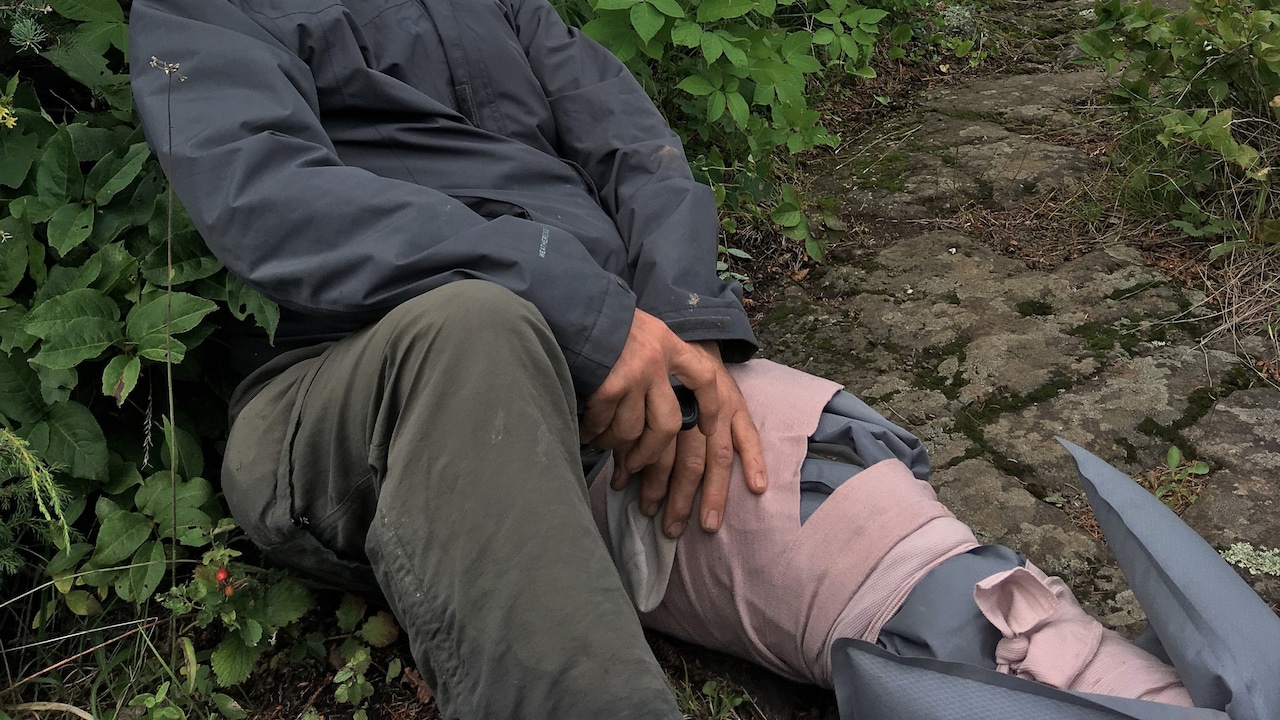
ISLE ROYALE, MI — The remote and wild nature of Isle Royale National Park is both part of the draw and the danger of Michigan’s far-flung archipelago. Amid a federal government shutdown, the park is cautioning visitors that help may be even further away.
The National Park Service is operating on limited staff due to the federal government shutdown that went into effect Wednesday, Oct. 1.
Across all parks, individual websites and social media accounts are not being maintained or monitored, except for emergency communications.
On Isle Royale, only basic or no visitor services, maintenance, or other management activities will be conducted, and emergency services will be limited, according to the park’s Facebook.
Breakdown of how NPS admission, staff and facilities will be restricted during the federal government shutdown.
According to NPS plans, emergency services are among the exemptions that continue operating during a budget lapse. Across all national parks an estimated 2,700 employees stayed on under the category of “necessary to protect life and property.”
However, the plan outlines that regional headquarters must limit staff to no more than 5-10 full-time and on-call employees.
Given its remote location, Isle Royale always cautions that long wait times should be expected.
For instance, a crew from the U.S. Coast Guard Air Station Traverse City mobilized a medevac on Sept. 9 for a man was having a medical emergency while visiting the park.
Navigating to near the edge of the air station’s area of responsibility, a helicopter flew over the island after dark. Crew members were lowered to the ground and navigated challenging terrain at night to rescue the man.
At the beginning of the season, Isle Royale reminded visitors that their safety is their responsibility.
Safety tips included being first aid ready, having gear prepped, monitor weather conditions and travel in groups.
“Self-rescue is the best rescue because it is the only immediate option in an emergency. Park emergency response is limited to non-existent, and help could be hours or days away,” the park advised in May.
On Sept. 17, the park re-upped this message noting park employees responded to multiple incidents, including a lost person, a litter carry out, and an air evacuation.
Deaths at this park are rare. There have been just six since 2007. Four deaths occurred in the past year but that includes two deaths this summer that are still being investigated.
If emergency services are needed, Isle Royale recommends the following:
“If you are not equipped to deal with your emergency call on marine radio, use a satellite phone, or activate an emergency device with texting capability. Remember, cell phone service is unreliable in the park, and that any device you have may fail in adverse weather.”



